In the last four years, Russia has annexed Crimea from Ukraine, meddled in a US election and helped turn the tide of the Syrian war in Bashar al-Assad’s favor.
Now it’s in a major diplomatic row with the UK, which blames Moscow for the poisoning of a former spy, his daughter, and a British policeman in the English countryside. The UK’s top defense official said Thursday that Russia was “ripping up the international rulebook.”
Such an accusation is likely music to President Vladimir Putin’s ears – his popularity tends to spike when Russia confronts the West, polls show.
He is well on track to retain power in an election this Sunday, but he is showing a growing appetite for power beyond his country’s borders, and Russia is beginning to fill the void in parts of the world where the US once wielded influence.
Here are some ways Russia is stepping up around the globe.
Propaganda
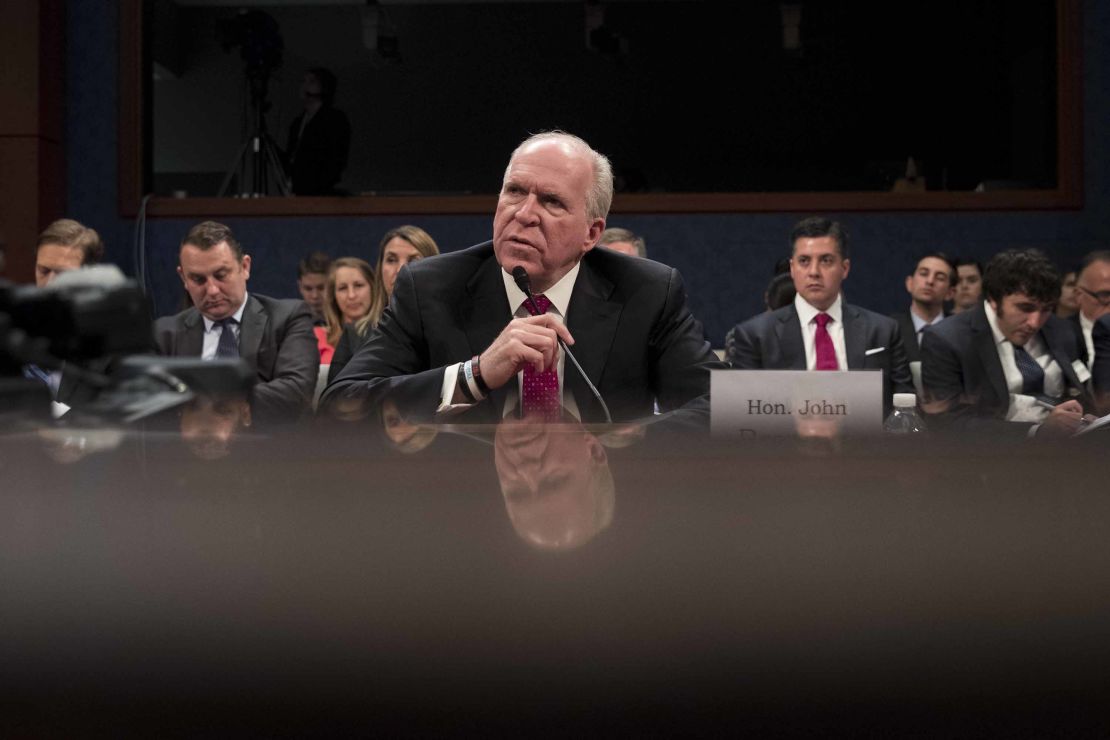
Accusations that Russia meddled in the 2016 US election – the same election that saw Donald Trump’s meteoric rise – have rocked Washington and led to several formal investigations.
US intelligence agencies accuse Russia of hacking into and releasing the emails Hillary Clinton’s campaign chairman and other servers belonging to the Democratic Party. This was in an attempt, they say, to influence the outcome of the vote.
European nations have been dealing with Russian cyber-meddling for some time, cybersecurity researchers say, and the UK, France and Germany have all accused Russia of trying to influence votes in their countries.
British Prime Minister Theresa May gave a stern warning to Russia in November last year, accusing it of trying to “weaponize information” to disrupt the world order.
One of the same troll armies that meddled in America’s 2016 election, a CNN analysis found, also posted dozens of pro-Brexit messages on the day the UK held a referendum and voted to leave the European Union. The troll army has established ties to the Russian government.
Germany accused Russia of propagating fake news to stir far-right sentiments in the country and in June last year it passed a law to tackle fake news, forcing online platforms to remove false reports within 24 hours or face hefty fines.
Military power
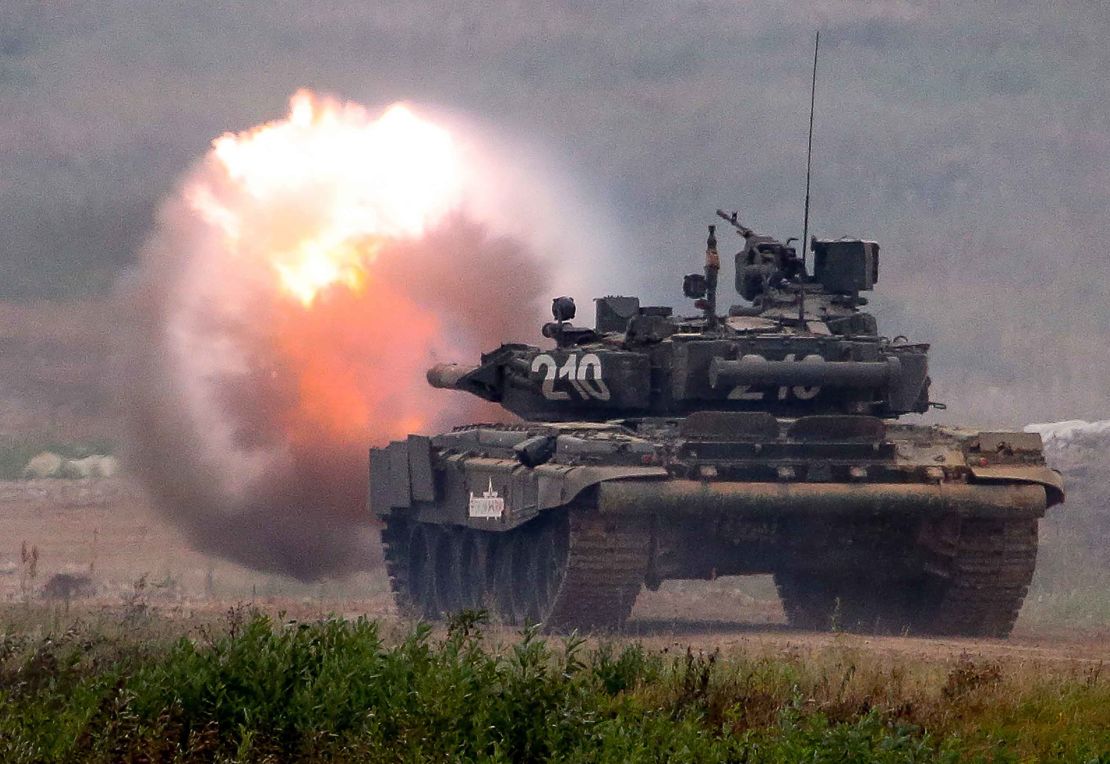
President Putin has boasted about Russia’s military might many times, and Syria has felt the force of that power profoundly in recent years.
Russian warplanes have bombed territory, and mercenaries and advisers on the ground have supported offensives to prop up Syrian President Assad. Russia’s firepower has helped turn the war around in Assad’s favor and has made the country a game-changing player in the complex multi-sided conflict. That role also means a stronger foothold in the Middle East for Russia.
Russia’s military power also enabled Moscow to annex the Crimean peninsula from Ukraine in 2014. It was a move that led to sanctions and condemnation from the West but one that perhaps boosted Russia’s image as a major world power. Russia still backs separatists in Ukraine.
Elsewhere, Russia has increased its military influence in Libya, a country still in chaos since the 2011 death of Moammar Gadhafi in the Arab Spring. Moscow is courting Gen. Khalifa Haftar in the country, a rival of the fragile UN-backed coalition government in Tripoli.
Russian forces have also held joint military drills with Egypt on Russian soil, with plans to host the exercises this year in Egypt.
Arms sales
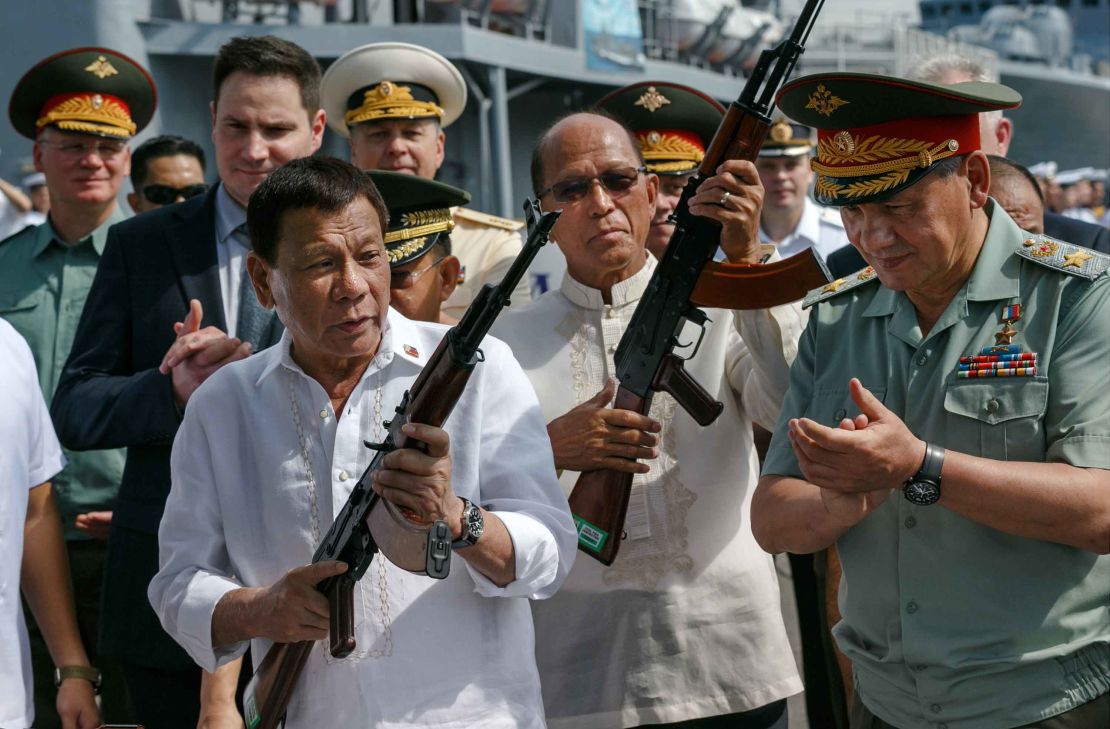
There has been much talk about a global arms race as world powers increase their nuclear stockpiles, but there is also a race between Russia and the US to sell conventional arms.
Russia is the second-biggest exporter of arms behind the US, and it is finding markets in countries that traditionally bought American-made weapons, especially in Asia and the Middle East, according to the Stockholm International Peace Research Institute (Sipri).
India was the world’s largest importer of major arms between 2013 and 2017, Sipri data shows. Russia accounted for 62% of India’s arms imports, during that same period.
Military officials in the US, Europe and Afghanistan are concerned that Russia may also be providing supplies to the Taliban in Afghanistan.
Russia is selling arms to countries in Southeast Asia as well, including Indonesia and Myanmar. Russia donated weapons and military equipment to the Philippines last year and signed agreements for arms exports, CNN Philippines reports.
Countering US influence
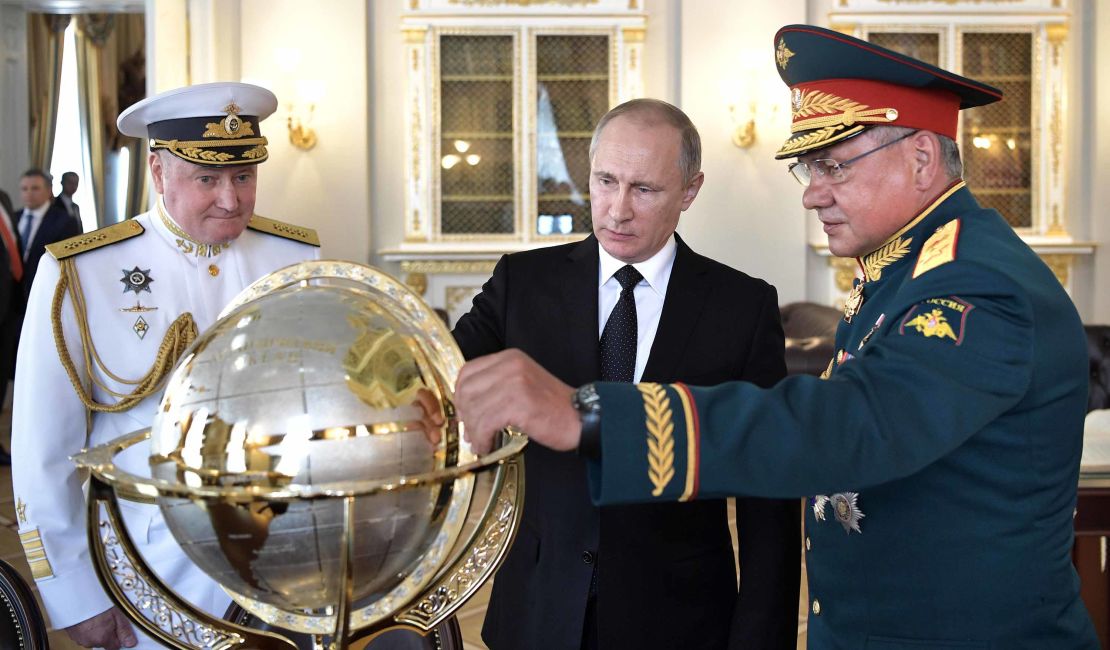
Last year, Russia’s finance ministry came to the aid of crisis-hit Venezuela with a deal to restructure sovereign debt, making Moscow the primary foreign backer of President Nicolas Maduro.
The burgeoning relationship with Venezuela has given Russia an important economic and political foothold in Latin America, just as already soured US-Venezuelan relations declined further.
It’s a two-way street: In December, Venezuela awarded licenses to a unit of Rosneft, Russia’s state-controlled oil company, to develop offshore gas fields.
Closer to home, Russia has historical and cultural ties in the Balkans and the Kremlin is keen to use these links to counter NATO expansion in the region. In 2017, officials in Montenegro alleged that Russian security services were involved in a plot to overthrow the government, after Montenegro was formally invited to join NATO. Russia denied the allegations.
Russia has tried to boost ties with eastern European nations that are not NATO members, such as Bosnia and Herzegovina, Serbia and Macedonia.
Energy supply
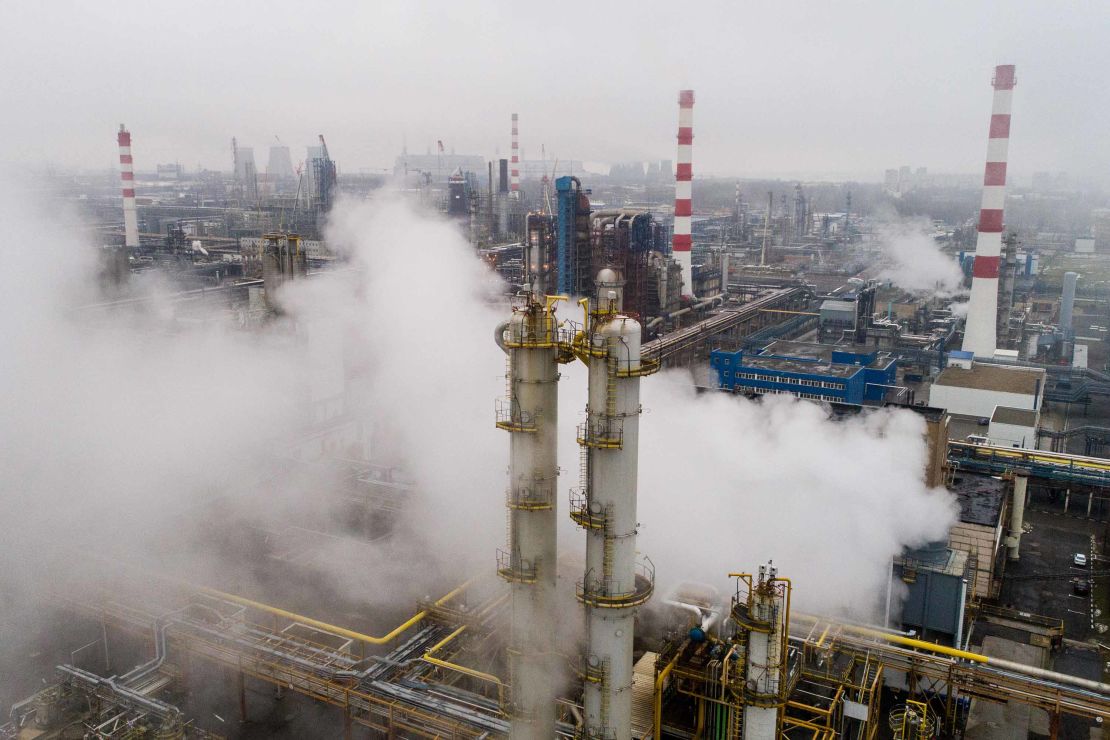
Many former Soviet nations in eastern Europe rely heavily on Russian oil and gas to fuel their economies, with Poland, Slovakia, Bulgaria, Hungary and Lithuania among them. Most are trying to diversify their energy sources to reduce their dependence on the Russian state.
Roughly a third of the European Union’s natural gas still comes from Russia, which has made it difficult for the union to impose sanctions on the country.
Some parts of Europe are expanding energy ties with Russia. Hungary – whose leader Viktor Orbán has been compared to Putin – is extending its Soviet-era nuclear power station with Russian financing.
Russia in the meantime is looking to grow its energy market elsewhere.
In Iraq, Russian state oil company Rosneft has signed contracts to gain control of the main oil pipeline in the Kurdistan region, boosting Russia’s influence there.
It has also teamed up with Saudi Arabia – another country with an oil-dependent economy – and agreed to extend oil production cuts to buoy global prices.
Middle East diplomacy
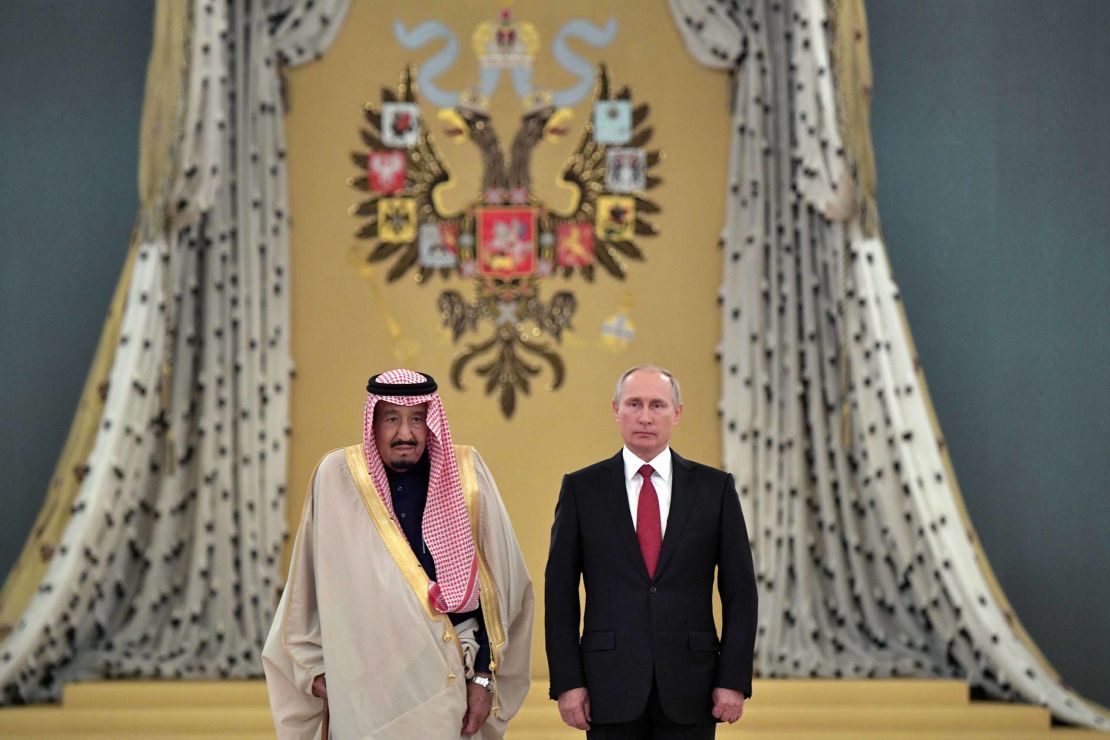
Russia has increased its diplomatic contacts across the Middle East. Iran, a longtime adversary of the US, is allied with Russia on the ground in Syria, and the two countries have also stepped up official visits recently.
But Russia has also boosted relations with Iran’s regional rivals. Last year, the Kremlin gave a lavish welcome to Saudi Arabia’s King Salman, and earlier this year, Putin hosted Israeli Prime Minister Benjamin Netanyahu.
Russia is working with Israel to agree on certain responses to the Syrian conflict. Israel opposes keeping Assad in power, but in 2015 it agreed with Russia to “deconflict” military operations in the war-torn country to avoid accidental clashes in the skies.
Elsewhere in the region, Russia has expanded contacts with Iraq, Kuwait, Qatar and the United Arab Emirates.
Russia has also become closer to Turkey in facing the Syria crisis, and Putin speaks routinely with Turkish President Recep Tayyip Erdogan on Middle Eastern issues. The countries managed to repair ties quickly after Turkey shot down a Russian warplane near the Syrian border in 2015.
Russia hasn’t had the same kind of rapprochement with the US, despite Putin and Trump repeatedly promising a restoration of relations. And as Russian tensions with other Western countries rise, the next six years could see the world change yet again.
Zahid Mahmood contributed to this report.

